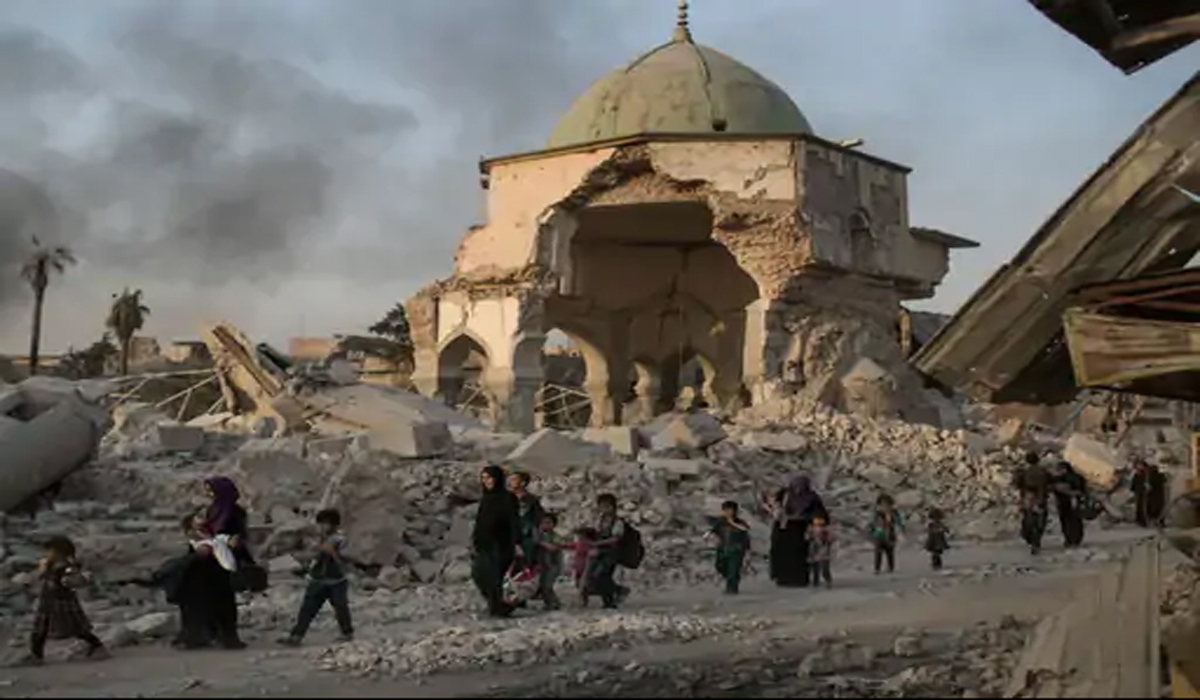
5 big bombs have been recovered from the Al-Nuri Mosque in the northern city of Mosul in Iraq. The terrorist organization ISIL (branch of ISIS) had buried these bombs in the wall.
According to Al Jazeera, these bombs weigh 1.5 kg. One of these has been removed from the wall, while efforts are being made to remove the rest of the bombs.
UNESCO, which is engaged in rebuilding the mosque destroyed in 2017, said that the bombs were planted in a wall built later. As soon as the information was received, the Iraqi authorities were informed. After this, security was increased in the area. All people have been removed from the premises of the mosque till the bombs are removed.
Al-Baghdadi had captured the mosque
In fact, in July 2014, Islamic State chief Abu Bakr al-Baghdadi captured the Al-Nuri Mosque. After this, the terrorist organization took control of a large part of Iraq and Syria. It is speculated that during that time ISIL (branch of ISIS) may have planted bombs in the mosque, which were later detonated.
In 2017, Iraq, along with the US, launched a campaign to wipe out ISIL. During this war, the Al-Nuri Mosque was destroyed. After the elimination of ISIL in the year 2020, the Iraqi army conducted a search operation across the country. However, these bombs were not found then due to being buried in the wall.
Al-Nuri Mosque was built in the 12th century
UNESCO found all five bombs on July 25, but information about them was given on Saturday. Built in the 12th century, this mosque was known all over the world for its tilted minaret. This mosque was named after Nureddin al-Zinki, who unified Syria. He ordered the construction of this mosque in the year 1172.
Later, this mosque came under target many times amid many wars. Most of its original structure was destroyed. However, its minaret still stood. Later, it was rebuilt by removing 45 thousand bricks from the debris of the mosque. It was destroyed again by ISIL in 2017.
UAE is funding to rebuild the mosque
UNESCO has been working to rebuild it since ISIL took over in 2020. UAE is funding it. According to the report, the work of rebuilding the mosque can be completed by December this year.
